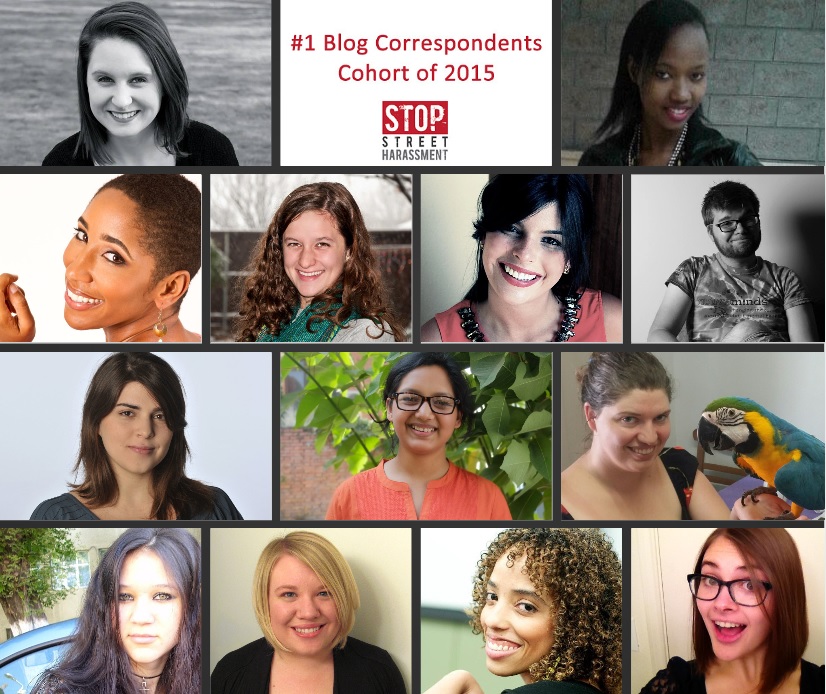There have been numerous incidents of men scrutinizing, harassing, and stripping women of their clothing in the streets from Cameroon to Zimbabwe, from Kenya to South Africa as “punishment” for dressing “immodestly.” Sisonke Msimang writes about this alarming practice in a very powerful New York Times piece today and how street harassment is connected to women’s equality. This is an excerpt:
“Public strippings represent the front lines of a cultural war against women’s advancements in traditionally conservative but rapidly urbanizing societies. They aren’t really about what women are wearing. They are much more about where women are going.
And many African women are going places quickly. Ngozi Okonjo-Iweala became the first female finance minister in Nigeria; Liberia’s president, Ellen Johnson Sirleaf, is one of a handful of elected female heads of state in the world. Lupita Nyong’o’s Oscar win and Chimamanda Ngozi Adichie’s literary successes have brought attention to the artistic triumphs of a younger generation of women.
Nowhere has progress been more remarkable than in Africa’s legislatures. Africans have significantly outpaced their female peers in America and Europe. In the United States, women hold less than 20 percent of the seats in Congress; similarly, in Britain, women make up just over one-fifth of the members of the House of Commons. Compare this to South Africa, where more than 40 percent of representatives in the National Assembly are women, or Rwanda, where 64 percent of all members of Parliament are women — making it the only country in the world where women outnumber men in the legislature.
Beginning in the 1980s, many African countries started to invest in girls’ education and in small enterprise projects. A generation later, an equal number of girls and boys are enrolled in primary schools across the continent. Many women are successful entrepreneurs and, of course, politicians. Precisely because of these rapid changes in women’s status, the backlash from churches, political parties, traditional leaders and rural officials has been forceful. Outrage at bold women is both spontaneous and organized. The mob mentality that leads to public strippings arises in urban milieus where male aggression against women is seen as acceptable. Meanwhile, many churches systematically preach female subservience, while traditional tribal leaders often blame women for dislodging men from their rightful places in modern societies…
Ordinary African women, it seems, are bearing the brunt of their sisters’ progress. Street harassment is often a sign of deep-seated resentment of women’s changing status in society. For men who were raised to believe that they are entitled to be breadwinners and receive sexual gratification and domestic subservience from women, the shift hasn’t been easy. For younger men, modern values have jostled sharply against the lessons about manhood they learned at home. With high levels of unemployment and gaping inequalities, old conceptions of masculinity die hard.”



